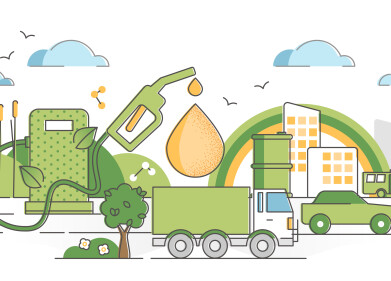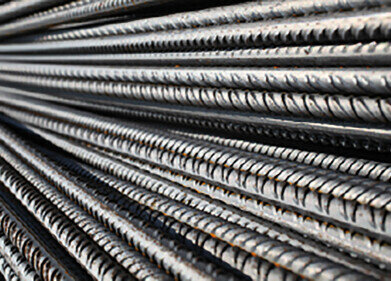Biofuel Industry News
Will Bioenergy Production Be Capped?
May 19 2015
In a world which is increasingly searching for a long-term alternative to fossil fuels as our primary energy source, biofuels have received much attention and generated no scant amount of controversy. This catch-all term includes fuel sources which can be harvested from food, waste and other organic matter. As with many renewable energy suggestions, the fuel seemed ideal at the outset and has been adopted across Europe in a variety of different methods.
However, over time, problems in its widespread production have arisen. As a result, the EU met last month to discuss capping bioenergy production in its member states. Finally they agreed that countries could only count a maximum of 7% of their biofuel energy production towards the 10% target from renewables.
The cap is a step in the right direction in the fight against climate change, but issues surrounding biofuel production and consumption still remain.
What Are the Problems?
At first glance, biofuels appear to be a flawless solution to our energy needs. They are created by harvesting corn, rapeseed and other organic materials, resulting in less harmful emissions during the refining process. They are also potentially infinite sources of energy and could utilise unused agricultural land, thus increasing efficiency.
However, in practice, things haven’t quite worked out like that. Instead of occupying marginal land which was not in use, the harvest of biogas and biofuels has taken up prime agricultural land, thus displacing food crops and leading to food shortages. This has led to increased pressure for available land, which in turn has led to deforestation, logging and land clearing. This is in itself a massive issue, since it increases carbon emissions while simultaneously decreasing the number of trees, which naturally offset carbon levels.
Furthermore, the transportation costs in ferrying around all of the lumber, food and organic material has actually worsened our carbon footprint, not lightened it. Indeed, harmful substances such as formaldehyde have been traced to biogas fuel plants especially in Germany, though the country has admittedly taken steps to curb those emissions.
What is the Way Forward?
Obviously, biofuels pose problems of their own, but that doesn’t mean that they should be dismissed outright. When used to harvest inedible or unusable parts of plants, such as stems, roots or other disposable material, they can be a great tool for energy efficiency. Similarly, they can work brilliantly in waste water treatment facilities or other places where organic waste material is converted into energy.
However, they should not be allowed to displace food production – which is, after all, our number one priority as living organisms. In fact, 10 concerned NGO groups recently put together a series of recommendations for the EU. Among these were a call for limited use of biomass for energy, an assurance that all materials are used for their primary function before being harvested for energy, real-life carbon emitting figures and sustainability criteria for all biogas companies.
Biofuels have been capped and clearly their use needs to heavily regulated, but they can provide one small piece of the jigsaw in providing for our future energy needs.
Digital Edition
PIN 25.5 Oct/Nov 2024
November 2024
Analytical Instrumentation - Picturing Viscosity – How Can a Viscometer or a Rheometer Benefit You? - Sustainable Grease Formulations: Evaluating Key Performance Parameters and Testing Method...
View all digital editions
Events
Nov 26 2024 Paris, France
Nov 26 2024 Amsterdam, Netherlands
Nov 27 2024 Istanbul, Turkey
Biogas Convention & Trade Fair 2024
Nov 27 2024 Hanover, Germany
Dec 03 2024 Dusseldorf, Germany



















